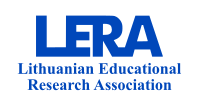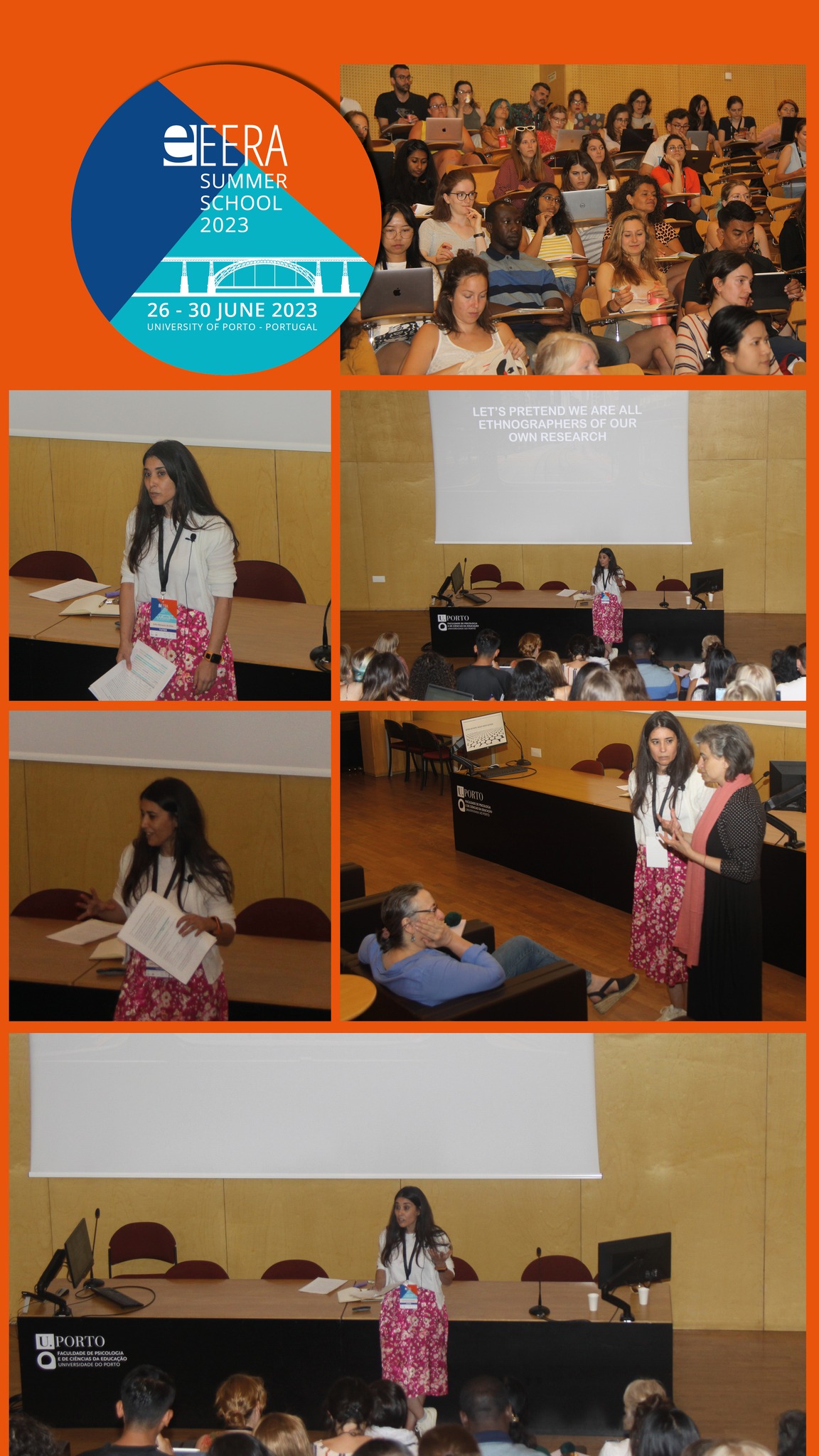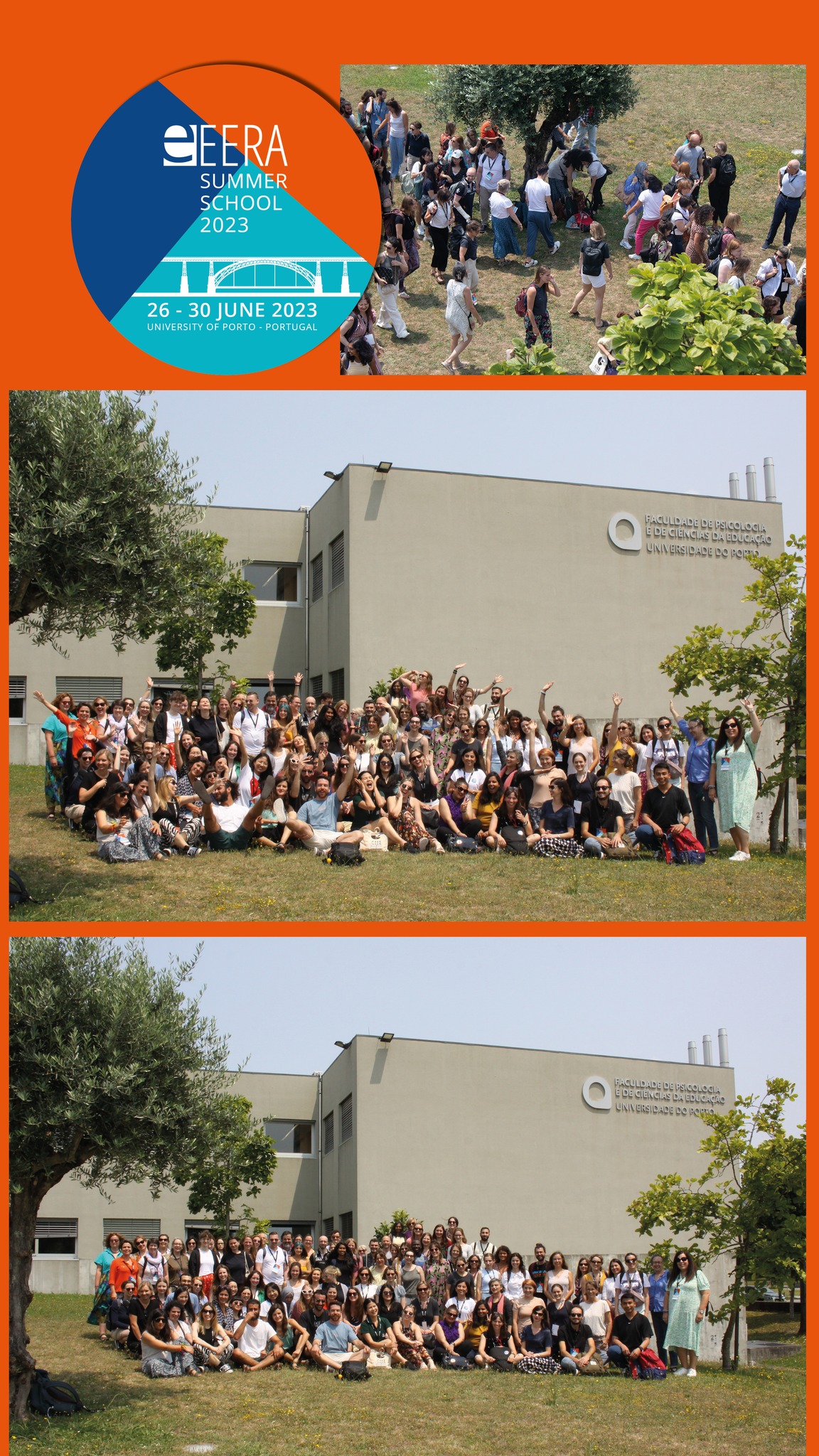LERA PhD students at the European Educational Research Association Summer Camp
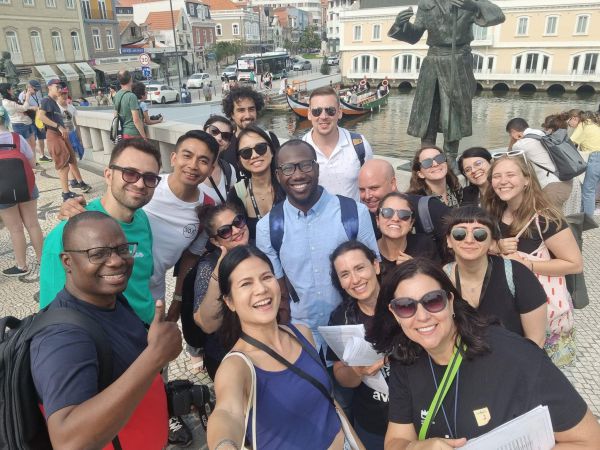
From 25th to30th June, around 80 PhD students from different countries participated in the European Educational Research Association (EERA) Summer School for PhD students “EERSS 2023 – Participatory approaches in educational research” in Porto, Portugal. I am glad that five members of the Lithuanian Educational Research Association were among them – Evelina Buroke, Rūta Gajauskaitė, Gintė Marija Ivanauskienė, Vaida Padgurskytė, PhD students of Vilnius University and Antanas Vitkauskas, PhD student of the Klaipėda University.
According to Evelina Buroke, this summer school course was a great opportunity to deepen the tools of qualitative research methodology used in her dissertation research, as well as to meet PhD students from other countries who are doing research in the field of social sciences and education, and to establish collaborative links. This summer school course featured presentations by lecturers such as Nicole Brown from UCL (University College London, UK) and Sofia Marques da Silva from the University of Porto (Porto University, Portugal). Doctoral students had the opportunity to present their dissertation projects, to discuss with colleagues in small groups and to receive valuable feedback from the international community of educationalists.
We are kindly invite you to read Antanas Vitkauskas’ impressions of the summer school.
It was the first time I participated in the EERA (European Educational Research Association) Summer School, which is organised by the European Educational Research Association in Porto, Portugal. It was not the only “first”. I am a first year PhD student, I am experiencing for the first time a journey into the social sciences (I changed my field of study when I started my PhD), and I saw for the first time the international community of doctoral students in education and doctoral students at this camp. The theme of the camp is participatory action research, and how this methodology can change the power relations in pedagogy, thus bringing more democracy to the education of children and adults.
I particularly recommend it to those who are new to doctoral studies. Above all, because of the international context. This camp allowed me to see what European doctoral students and researchers in educational research are up to, what the trends are, what is ‘in’ in European research and what is ‘out’ (there were many students from other continents).
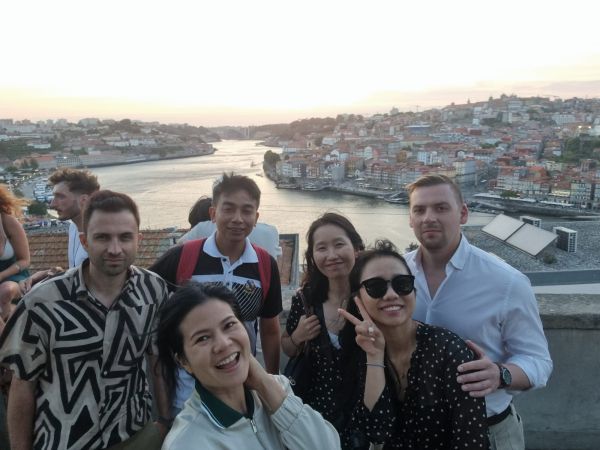
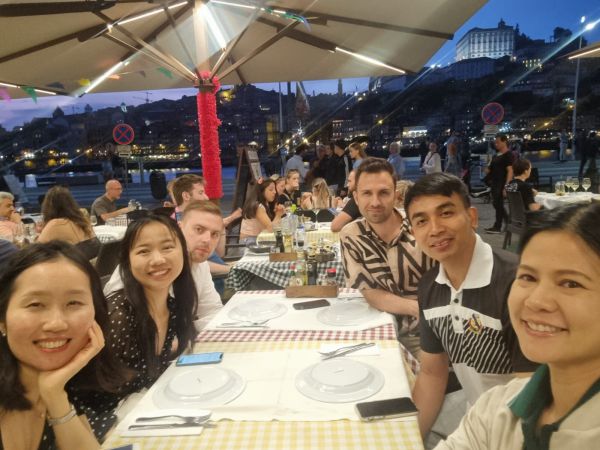
Secondly, this camp focused not only on methodology itself, but also on how to present your research. The method of presenting student research at this year’s camp was the poster presentation. Each PhD student had to present his or her research, or a part of it, by means of a poster presentation. A separate workshop was devoted to the preparation of the poster for the poster presentation, which involved the use of various poster production and design tools. For me, the exposure to poster presentations was another first in my PhD studies.
Third. A perfectly relaxing environment where each participant is open to the ideas, questions and interests of the others. The camp is an academic adventure, but the sense of simplicity of a children’s camp never leaves – for early career researchers it is a particularly conducive place to enter the international context of educational research.
And alongside the academic adventure, there are long hot evenings in the beautiful city of Porto, watching the sunset with colleagues. I categorically recommend it to first-year students and senior PhD colleagues.
IGintė Marija Ivanauskienė complemented her colleagues with the following thoughts:
“this summer school was a great opportunity to look at my PhD research through the prism of participatory research. Personally, it was unexpected that this type of research can also approach expressions of activism, which we discussed a lot in our groups. Moreover, as a researcher looking into student participation, it was useful for me to be able to look at the broader phenomenon of participation itself through such a methodological prism”.
Rūta Gajauskaite also enjoyed this summer camp for other reasons:
“this PhD summer school surprised me with its carefully structured programme and the many opportunities for networking. In addition to the main lectures, we worked in smaller thematic groups and projected the possibilities of applying participatory research in our own research. On a trip to the University of Aveiro, we took part in a workshop aimed at illustrating the partnerships forged through participatory research through practical examples. The discussions started in lectures, seminars and workshops continued in social activities. The EERA Summer School was thus “saturated” with formal and informal academics.
Meanwhile, Vaida Padgurskytė summed up her impressions as follows: “A new place – new experiences, like-minded people, colleagues, friends… EERSS was the best academic adventure of my summer”. “During the PhD summer camp, I deepened my methodological knowledge and got acquainted with a new methodology – Participatory research. I am very happy that the camp gave the PhD students the opportunity to get acquainted with methodological guidelines, which for me personally is a completely new field, which scares me a lot. Each PhD student had the opportunity to work for a whole week with like-minded colleagues from similar research topics, so we were divided into groups. So, throughout the week we were discussing and analysing topics close to our own research, sharing our experiences and insights. For a first year PhD student, peer support is very important, because the academic vastness seems quite intimidating, but once you find support, the academic path seems not so scary anymore. I am very happy to have Teresa Dias and Patricia Sa as leaders of our group (Group 8), who actively shared their experiences and insights as researchers. The daily discussions in the group encouraged us to talk and share our experiences, which brought us even closer together. It’s a pity that time passed so quickly… During the PhD Summer Camp, we also went to the University of Aveiro, where I took part in one of several optional workshops. The workshop “Rehearsing Participatory Research With Children… Why, How and What for? (Manuela Goncalves). During the workshop, I was introduced to participatory research methods and an overview of participatory research in the context of Portuguese researchers. During the workshop at the University of Aveiro, we analysed 3 young researchers’ projects, which provide a detailed description/presentation of the methodology, subjects, context and results. Research with children as the main subjects is quite challenging, as it requires a high level of attention and preparation on the part of the researcher, as well as adherence to the principles of research ethics. It can be argued that the trip to the University of Aveiro and the participation in the workshop helped to further understand the research framework for a sensitive group of research subjects, children. At the PhD summer camp at the University of Porto, I attended a lecture by Dr Nicole Brown on ‘Participatory Research and Creative Methods in Data Collection’. Dr. Brown presented creative ways of collecting data and filling out a research journal. As a young researcher, new methods of data collection are a very relevant topic for me. On Thursday afternoon, we also had the opportunity to attend Sofia Marques da Silva’s lecture “Let’s Start at the interesting Beginning” – participatory approaches as arenas of negotiation of systems of knowledge and place-based agendas.
